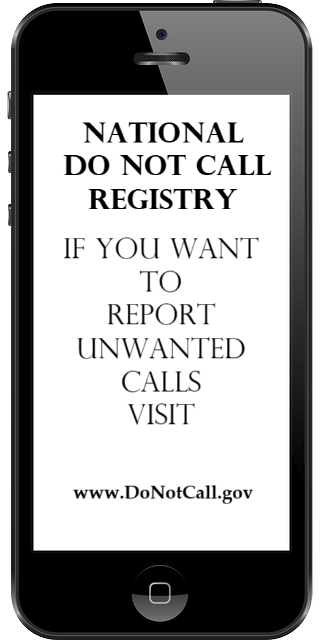Are you an older adult with savings or property? If so, you must be vigilant against scammers looking to exploit your hard-earned assets through fraudulent investment schemes. Older adults are often targeted because they have significant savings and other valuable assets, making them prime victims of these deceptive practices. The Tennessee Attorney General’s Office is dedicated to educating seniors, their families, and caretakers about common investment scams, how to avoid them, and what to do if you fall victim to such fraud.
What is Investment Fraud?
Investment fraud involves scammers tricking you into investing money in fake or misrepresented opportunities. They might pose as telemarketers or financial advisors, appearing intelligent, friendly, and charming. Often, they create a sense of urgency to pressure you into investing quickly without giving you time to ask questions or conduct proper research.
Common Investment Scams
- Affinity Fraud: Scammers target group members with common characteristics (such as age, ethnicity, or religion), pretending to be part of the group to gain trust and trick members into investing.
- High-Yield Investment Programs: These scams promise high returns with guaranteed profits, often involving worthless or non-existent investments.
- Pyramid Schemes: These schemes promise large profits from small investments but require you to recruit others. The profits paid to early investors come from new investors’ money, collapsing when no new investors are found.
- Ponzi Schemes are similar to pyramid schemes, but they typically involve a portfolio manager who promises high returns from your investments, which are actually paid using new investors’ money.
- Pump and Dump: Scammers inflate the price of cheap stocks by lying about their quality, then sell them at high prices, leaving you with worthless stocks once the price crashes.
- Recovery Room Schemes: Scammers promise to recover money lost in previous scams for a fee, but they do nothing once the fee is paid.
- Unsuitable Financial Products: Some financial advisors may sell products that benefit them more than you, often involving high fees or long-term commitments outside your best interest.
Signs of Investment Fraud
- Promises of consistently high returns that seem too good to be true.
- Individuals who aren’t licensed to sell securities in Tennessee.
- She was selling unregistered securities.
- False claims about knowing your specific investment needs.
- Lack of proper investment paperwork.
- Aggressive sales tactics demand immediate action.
How to Avoid Investment Scams
- Verify Licenses: Use Broker Check to ensure a broker is licensed and check for complaints.
- Research Thoroughly: Understand any investment fully before giving money. Request information in writing and use the EDGAR database to research investments and companies.
- Check Credentials: Get detailed information about the salesperson and their company. Investigate any firm or individual claiming senior certification or retirement consultancy.
- Consult Authorities: If you have any investment questions, contact the Tennessee Securities Division’s Registration Section at (615) 741-3187.
What to Do if You’re a Victim
If you believe you’ve been scammed, take these steps:
- Document Everything: Record all details about the scam, including company names, individuals involved, contact information, and any investment documents provided.
- Report the Fraud: Contact the following organizations:
- Tennessee Securities Division: (615) 741-5900 or file a complaint online.
- U.S. Securities and Exchange Commission (SEC): (800) SEC-0330 or file a complaint online.
- Financial Industry Regulatory Authority (FINRA): (844) 574-3577 or file a complaint online.
- U.S. Commodity Futures Trading Commission: (202) 418-5514 or file a complaint online.
Additional Resources
- Tennessee Securities Division: (615) 741-2947 or visit their website.
- Federal Trade Commission: Investment Risks.
- FINRA: FINRA website or call the Helpline for Seniors at (844) 574-3577.
- U.S. Securities and Exchange Commission: Investor.gov or call (800) 732-0330.
- North American Securities Administrators Association: NASAA website or ServeOurSeniors.org.
- U.S. Commodity Futures Trading Commission: SmartCheck or call (866) 366-2382.
By staying informed and cautious, you can protect yourself from investment fraud and ensure your financial future remains secure. Remember, if something seems too good to be true, it probably is. Always verify and research thoroughly before making any investment decisions.
We at SecureCyberNetwork are dedicated to providing you with the latest updates, tips, and expert advice to keep you safe in the digital world.
Your commitment to staying informed is about your safety, the safety of your loved ones, and the safety of our community.
Your involvement is powerful.








